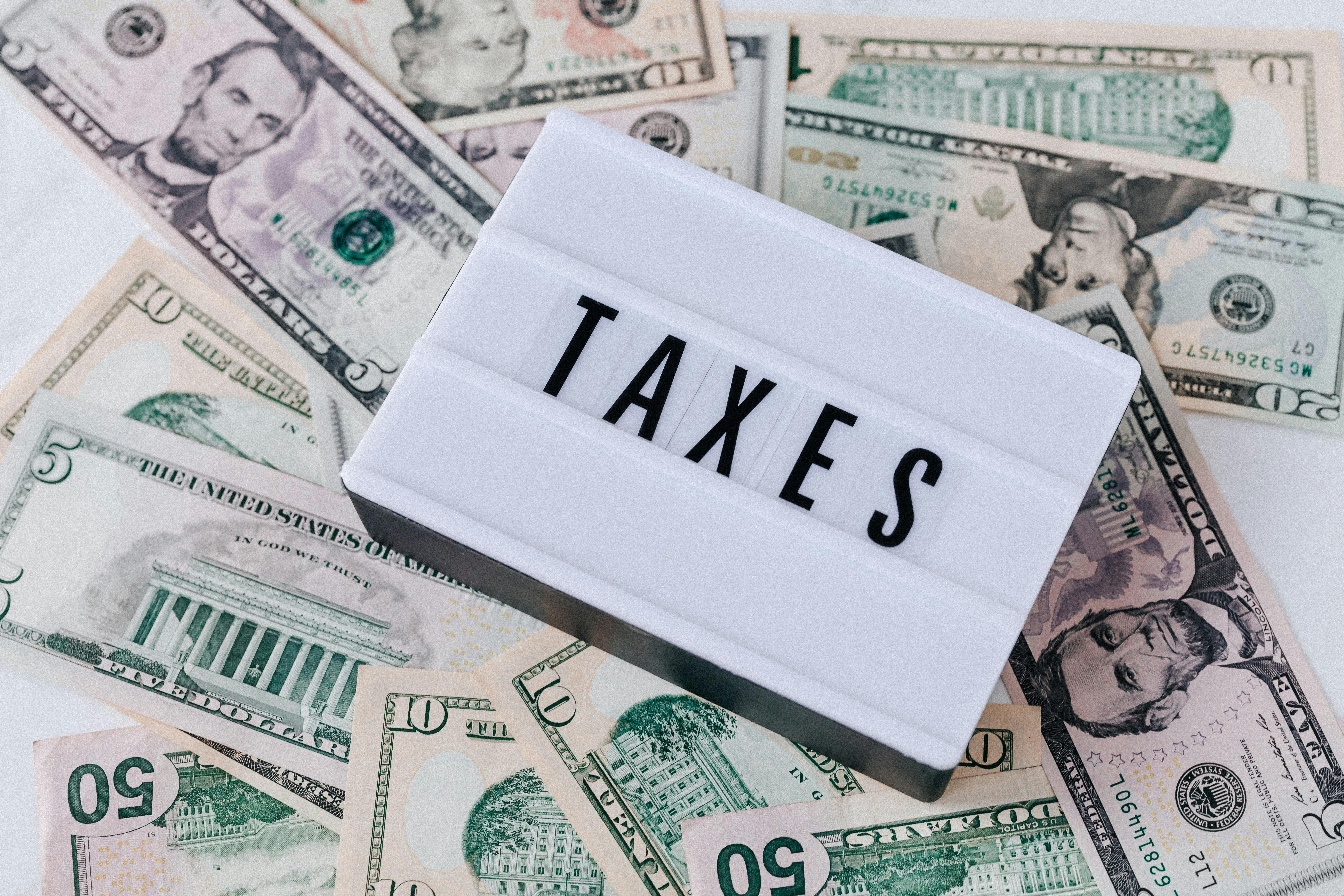13 Advanced Personal Finance Hacks for Accelerating Your Goals
The world is packed with advice about saving money, paying off debt, and building wealth. But let’s be real—most tips feel a little too basic, don’t they? Sure, “skip your daily latte” sounds easy, but that alone won’t get you a down payment, emergency cushion, or early retirement. That’s why we’re skipping the basics and going straight for 13 advanced hacks that actually move the needle. These are the tools, strategies, and sneaky smart maneuvers the pros use—now broken down so anyone can start today.
1. Automate Everything with AI and Smart Apps

Trying to stay on top of bills, budgets, and savings by memory? Not only is it stressful, but you’re probably leaving money on the table. The smarter move: let AI and financial apps do the heavy lifting. Tools like YNAB (You Need a Budget), Mint, and Personal Capital tie all your money accounts together, auto-categorize spending, and send you reminders before anything slips through the cracks. In 2024, AI chatbots have leveled up—now you can ask, “How can I save more on groceries?” and get instant, personalized ideas.
2. Stack Rewards Like a Pro: Cards, Portals, Extensions

Why settle for just one type of reward when you can layer them and multiply savings? That’s the core of “stacking.” Start with a credit card that gives cash back or points. Then, before you buy online, activate a shopping portal like Rakuten or a browser extension such as Honey that finds extra deals. Shop at a retailer that also has a loyalty program? That’s another layer!
3. Max Your Tax Advantages (and Avoid Traps)

You’ve probably heard “don’t leave free money on the table”—and nowhere is that more true than the world of tax breaks and workplace matches. Only 37% of people with a 401(k) hit the full employer match (Fidelity, 2022). That’s basically refusing a bonus every month! Max out that match if you have access. Next up, stuff extra cash into a Health Savings Account (HSA), Flexible Spending Account (FSA), or use a “backdoor Roth” if you’re eligible.
4. Bulletproof Your Emergency Savings

One rainy-day fund isn’t always enough—what if you have multiple storms coming at once? That’s where the multi-account emergency fund comes in. Break your safety net into layers: stash basic cash in a high-yield savings account, put some in laddered certificates of deposit (CDs), and create separate “buckets” for medical, job loss, car repairs, or whatever life throws your way.
5. Multiply Passive Income Streams

Want money flowing in even while you’re asleep? That’s the dream with passive income—and new tools make it easier than ever. Combine high-yield savings, dividend stocks, robo-advisors (think: Wealthfront or Betterment that invest automatically), and creative side hustles like renting out a room, publishing an eBook, or launching an online mini-course.
6. Geo-Arbitrage: Move to Save Big

If you earn your money from a big city job but live somewhere cheaper, you’re already ahead of the game. This is geo-arbitrage in action—taking Silicon Valley paychecks to small-town America, or US wages to lower-cost countries. CNBC pegs the savings at 20–40% (2023), all while keeping your salary steady.
7. Lifestyle Deflation—Spend Less After Windfalls

We all know about “lifestyle creep”: get a raise, find new ways to spend it, and wind up with the same bank balance. Flip it around and try “lifestyle deflation”—where you shrink your spending each time your income goes up.
8. Micro-Investing That Builds Up Fast

Think you need big money to start investing? Apps like Acorns or Stash have changed the game by rounding up your daily purchases—spare change gets swept into investments, almost invisibly. According to recent stats, these “micro-moves” can add up to $500–$1,200 per year, just from habits you already have.
9. Master Your Credit (Not Just Your Score)

We all know credit scores matter—but there’s a world beyond monthly payments and keeping debts low. Advanced credit hackers leverage “piggybacking” (getting added as an authorized user to a mature, well-managed account), time their balance payments before statement closing, and use tools like security freezes to guard against fraud.
10. Negotiate or Automate All Your Bills

Here’s a secret: nearly every recurring bill is up for grabs. Automated negotiator services like Trim and Truebill scan your accounts for forgotten subscriptions, tacky fees, and even haggle with cable or phone companies on your behalf. Average users report snagging $300–$700 in savings each year—basically money you never realized was leaking out.
11. Insurance Optimization: Layer and Audit

Insurance often feels like a “set it and forget it” deal—but you’ll save more by reviewing coverage yearly. Stack your policies to patch gaps (think supplementary disability or umbrella insurance if your net worth just jumped).
12. Calendar Your Wealth: Don’t Miss a Beat

You can’t accelerate any goal if you keep missing deadlines and bonus windows. That’s why money-savvy people put key dates—like credit card anniversaries, 401(k) deadlines, and insurance renewals—on their calendars and set recurring reminders. Use a good scheduling app or just Google Calendar so nothing slips through.
13. Tap Into Financial Communities (Crowdsource and Learn)

Sometimes the best tips come from people in the trenches—real folks sharing experiments, wins, and mistakes. Communities like Bogleheads, r/personalfinance on Reddit, and Facebook groups host tons of honest talk and crowdsourced advice.
None of these hacks are magic bullets—and that’s the point. Most big money goals aren’t hit with a single move. Instead, the folks who accelerate their financial futures stack a few smart hacks and build momentum over time. Maybe automation saves you some stress, micro-investing grows your savings quietly, or negotiating bills puts an extra $500 in your pocket. Each piece adds up.







